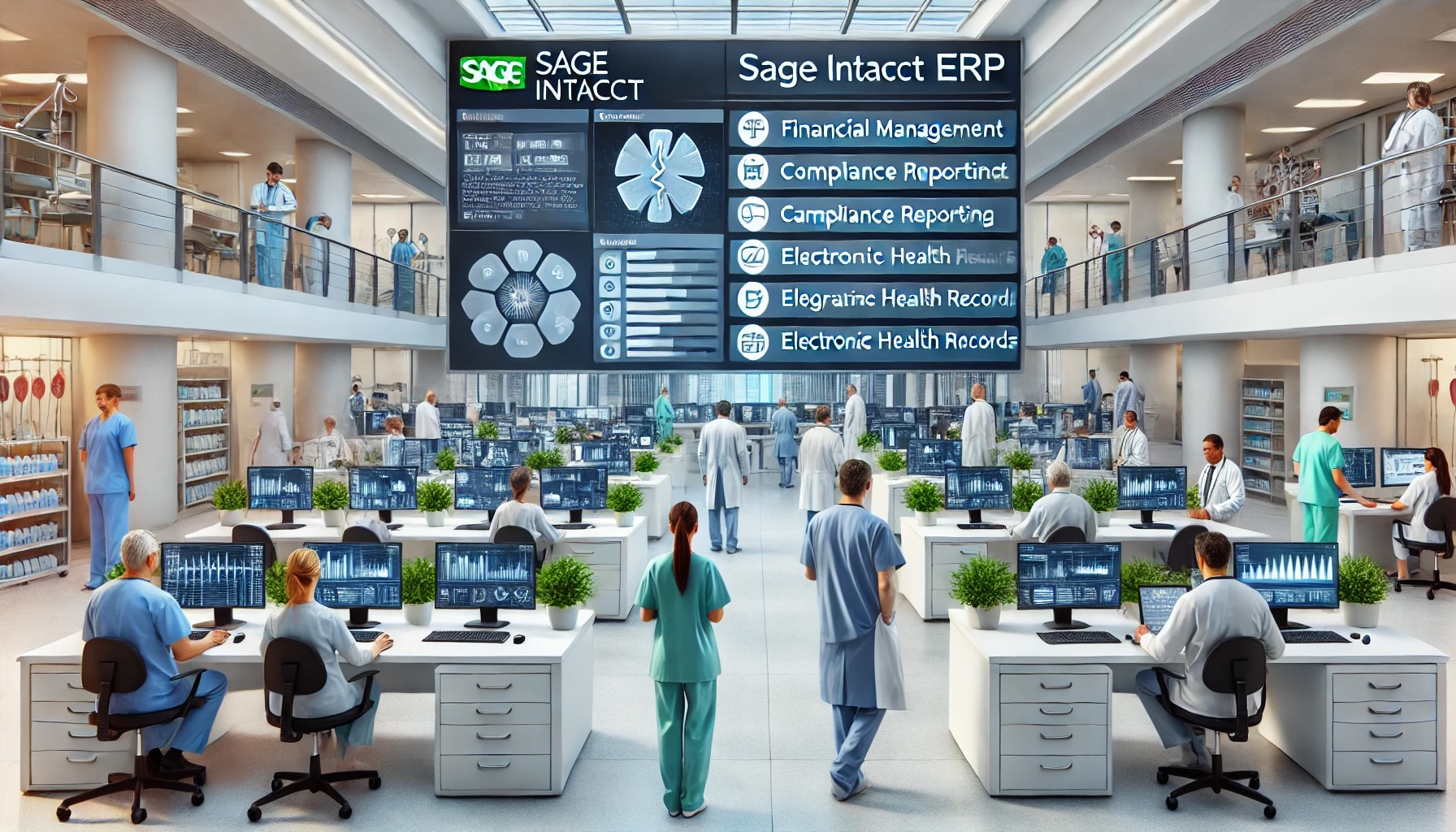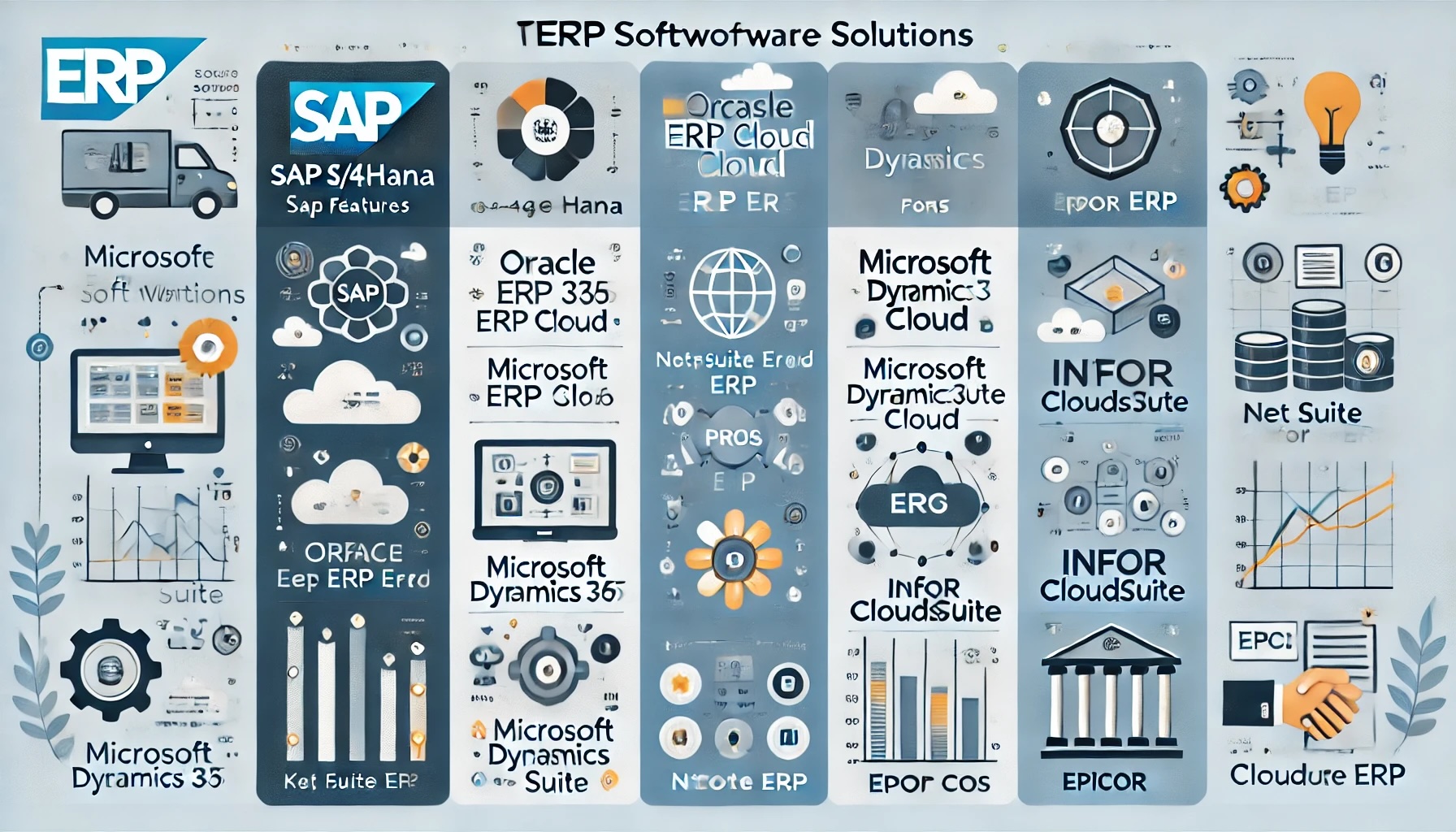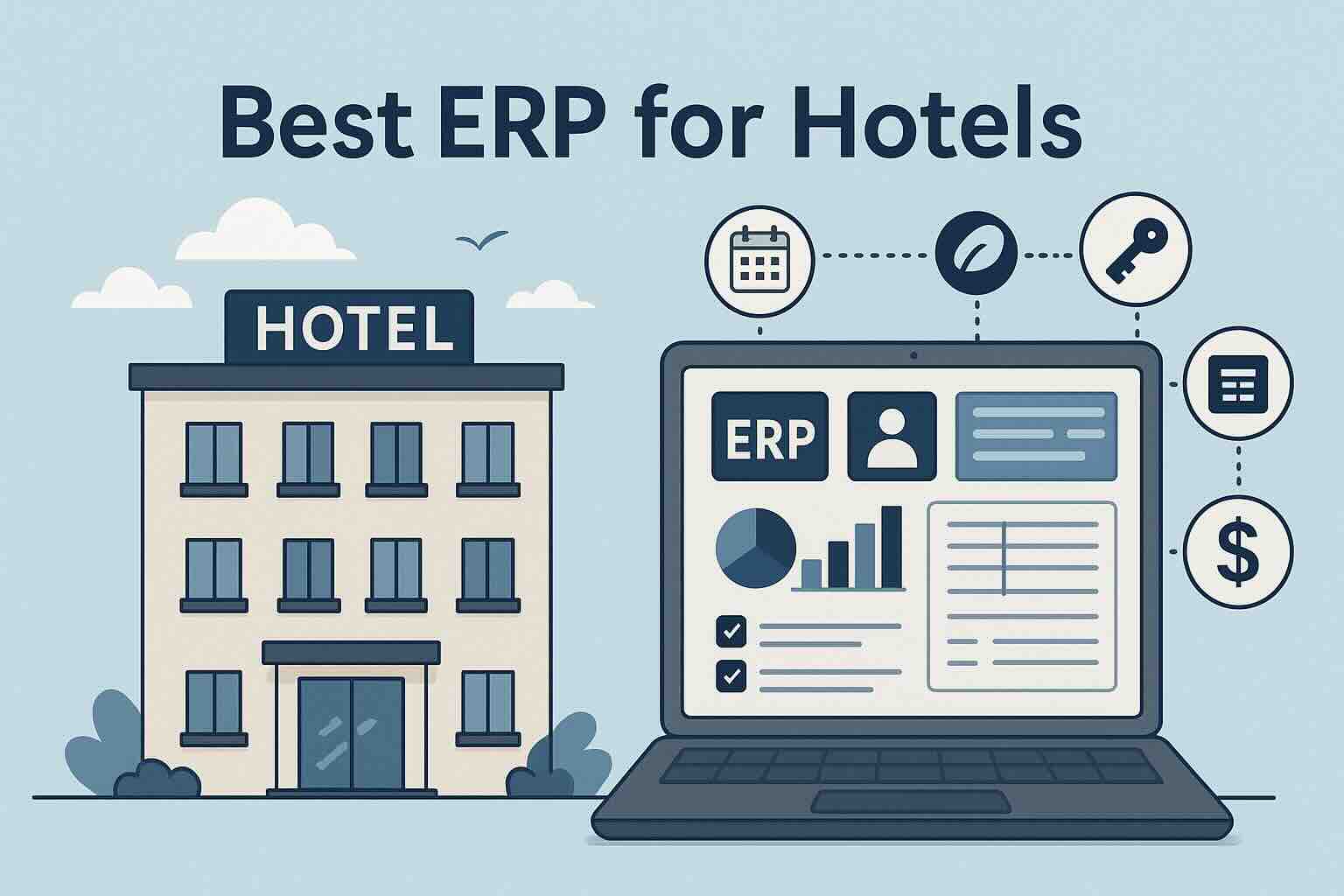Compare ERP for Fashion

In the world of fashion, where trends ebb and flow with the seasons, the ability to swiftly adapt and respond to changing market demands is paramount. This industry, celebrated for its artistic flair and cutting-edge designs, is not just about creativity but also about precision in management—from conceptualizing designs to the final product reaching the consumer. The crux of effectively managing these multifaceted processes lies in the backbone of any modern fashion enterprise: robust Enterprise Resource Planning (ERP) systems. These systems are indispensable tools that integrate various functions such as design, production, inventory management, and sales, ensuring a seamless operation flow. As we embark on a detailed exploration of ERP solutions in the fashion sector, understanding how different ERP platforms cater to this dynamic industry’s specific needs is crucial. The phrase “compare ERP for fashion” isn’t just a mere comparison of software; it’s an intricate evaluation of how technology can harmonize with the rhythmic complexities of the fashion world, enhancing efficiency, reducing costs, and driving innovation in this glamorous yet challenging domain.
Aptean
Aptean offers a specialized ERP solution tailored for the fashion industry, addressing unique requirements such as style management, size matrices, and color variations. Key strengths of Aptean include its robust inventory management capabilities, allowing fashion businesses to maintain optimal stock levels and minimize overstock scenarios. Its integrated approach combines sales, purchasing, and inventory management, streamlining operations. However, one potential drawback could be its customization scope, which may require additional resources for companies with highly specific needs.
Click this link to find out more about Aptean for Fashion.
Bizowie
Bizowie stands out for its high degree of customization and scalability, making it a suitable choice for fashion businesses of various sizes. Its strengths lie in its ability to seamlessly integrate with other systems like e-commerce platforms and its user-friendly interface. Bizowie’s modular structure allows companies to choose specific functionalities they need, providing flexibility. However, this could also be a limitation for smaller businesses that might find the extensive features overwhelming or beyond their current requirements.
Click this link to find out more about Bizowie for Fashion.
Infor
Infor’s ERP solutions are known for their industry-specific functionalities, which include fashion and apparel. Infor offers strong supply chain management features, essential for fashion companies dealing with global sourcing and distribution. It also provides advanced analytics and reporting tools, aiding in informed decision-making. A limitation might be the initial learning curve associated with its comprehensive features, potentially requiring additional training for staff.
Click this link to find out more about Infor for Fashion.
SAP S/4HANA
SAP S/4HANA is renowned for its powerful analytics and real-time data processing capabilities. In the fashion industry, this translates into improved insights into customer preferences and market trends, enabling quicker response to fashion trends. Additionally, its robust integration capabilities with other SAP modules and third-party applications offer a cohesive ecosystem. However, the complexity and cost of SAP S/4HANA might be challenging for smaller fashion enterprises or start-ups.
Click this link to find out more about SAP S/4HANA for Fashion.
Oracle Cloud ERP
Oracle Cloud offers a cloud-based ERP solution with strong financial management and procurement features, beneficial for fashion businesses managing complex financial transactions and sourcing activities. Its cloud infrastructure ensures scalability and accessibility, crucial for fashion companies with a global presence. One potential limitation could be the need for customization to align perfectly with specific fashion industry workflows, possibly leading to additional implementation time and cost.
Click this link to find out more about Oracle Cloud for Fashion.
Conclusion
When it comes to compare ERP for fashion, it’s clear that each system has its unique strengths and potential limitations. Aptean shines with its inventory management, Bizowie with its customization, Infor with industry-specific features, SAP S/4HANA with analytics, and Oracle Fusion with financial management. The choice of ERP should align with the specific operational needs, budget, and future growth plans of the fashion company. In this ever-evolving industry, the right ERP solution can be a game-changer, providing the agility and efficiency needed to stay ahead in the competitive fashion market.
To compare these ERP solutions and many more, you can use our new AI-powered Compare ERP tool. It’s free to use and you get a guaranteed discount on your first year’s licence fees with a referral from Compare ERP.









